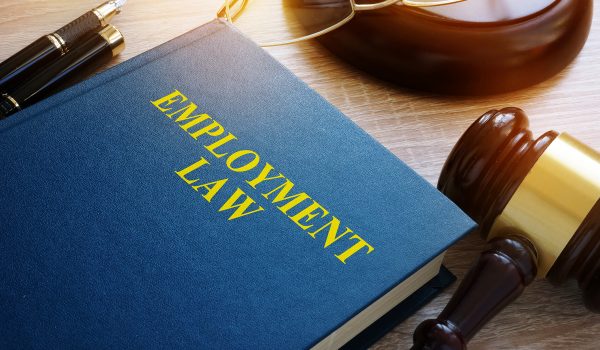Compliance with employment Laws: Significance of Accuracy and Fairness in Time and Attendance- Charles Spinelli

Compliance with employment laws is crucial for protecting the legal rights and well-being of employees and employers from facing legal complications, penalties, or fines. By sticking to these regulations, businesses can establish their commitment and obligation to fair employment practices that eventually help them foster a positive and healthy work environment.
As per Charles Spinelli, compliance is vital as it helps prevent unfair labor practices, wage theft, trickery in overtime pay, and exploitation. According to Spinelli, accuracy in time recording and attendance management plays an important role in employment law compliance since it impacts certain key areas, such as minimum wage law, overtime pay, breaks for rest and meals, record-keeping, and entitlements to time off, etc. Accuracy in tracking employee work hours and timely documentation of those data is crucial to ascertain compliance with employment laws.
Key Regulations Related to Time and Attendance
To protect workers’ right to their legitimate earnings and benefits in terms of wages, overtime, medical, time-off, work-timing, etc., numerous labor laws are formulated by the government. Understanding these rules and regulations is essential for businesses to stay compliant and also stay away from potential legal repercussions. Here are some key regulations:
- Fair Labor Standards Act (FLSA): The FLSA is often considered a cornerstone when it comes to employment law in the US. It instructs employers on the minimum wage payment rule and mandates payment of overtime for eligible employees who work for more than 40 hours /week. It also requires employers to have the necessary system in place to accurately keep records of hours worked.
- Family and Medical Leave Act (FMLA):The FMLA is formulated to ensure the right of eligible employees to avail unpaid leave for certain family reasons of medical causes. Compliance with FMLA requires employers to track and manage leave entitlement rules which should include clear documentation of every qualifying event (also leaves that are denied with reasons) and equally the provision of job protection.
- The Affordable Care Act (ACA): The law requires employers to provide eligible employees with affordable, appropriate, and timely, health insurance benefits. ACA also instructs employers to maintain accurate data on employee hours on a timely basis which is essential to determine eligibility. This is important for complying with the ACA requirements avoidance of which may lead to costly penalties from applicable authorities.
- State-Specific Labor Laws: When it comes to employment laws, many states have their custom labor laws and often they may vary from federal laws depending on different state-specific factors like the rate of annual inflation. However, all state laws typically cover areas including minimum wage rates, paid family leave, paid sick leave, overtime pay, work hours, time off, and so on. Depending an organization comes under the administration of the Federal or State Government, it needs to be aware of and must comply with employment laws that apply to it.
As per Charles Spinelli, to comply with the employment laws recording time and attendance management, it makes sense for organizations to follow best practices with immediate effect. For instance implementation of reliable time-tracking systems for time tracking such as biometric time-keeping devices or digitally controlled time-tracking software. Similarly, employers need to define attendance policies clearly which will be used as a guide for both employers and employees regarding punctuality, duration of breaks, time-off procedures, etc. There should be proper systems for recording employee work hours, time-off requests, breaks, etc., and those records must be stored securely in digital tools for regular audit purposes.






